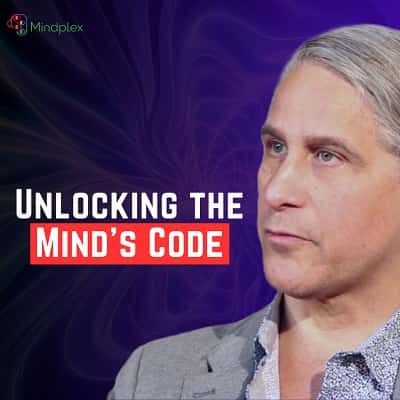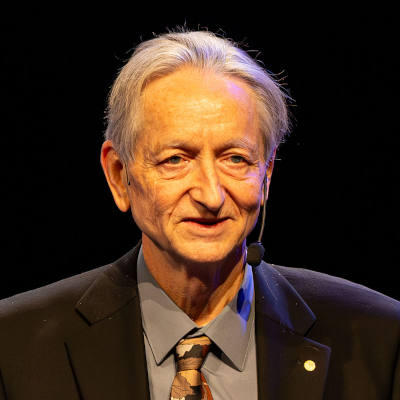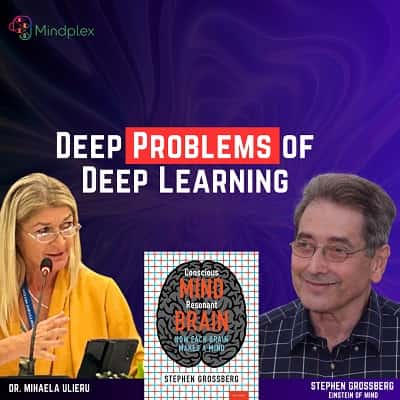Robert Lawrence Kuhn has created a structured “landscape” or taxonomy of various theories that try to explain consciousness.
Robert Lawrence Kuhn, the producer and host of the PBS program Closer to Truth, has analyzed theories of consciousness – how physical matter in the brain could produce subjective experiences, or what it “feels like” to be someone.
This puzzle, often called “the hard problem” of consciousness research, is foundational in philosophy and neuroscience.
Kuhn has created a structured “landscape” or taxonomy of various theories that try to explain consciousness.
“I have discussed consciousness with over 200 scientists and philosophers,” says Kuhn in a press release issued by the Foundational Questions Institute (FQxI). “Landscape is the product of a lifetime.”
Kuhn is a member of FQxI’s scientific advisory council.
Kuhn has published his monumental 175,000 words taxonomy in Progress in Biophysics and Molecular Biology.
Kuhn’s taxonomy divides theories into categories: materialism, quantum theories, panpsychism, dualism, idealism, and other frameworks that mix different perspectives.
Materialist theories propose that physical processes in the brain generate consciousness. Non-reductive physicalism suggests that while consciousness is rooted in the brain, physical processes in the brain alone cannot fully explain it.
Quantum theories propose that consciousness might involve quantum mechanics, and panpsychism suggests that some form of consciousness might be a basic property of all matter.
Dualism suggests that the mind and body are separate but interacting substances, and idealism proposes that consciousness or the mind is the primary substance of reality.
Understanding consciousness
Understanding consciousness could change our views on free will, whether AI could ever be conscious, and if consciousness might continue after death.
Kuhn does not aim to solve these issues but seeks to collect and organize perspectives for deeper insight.
“In my Landscape review, I did not want to defend, or even to offer, my own view because it might skew perceptions of the entire enterprise,” says Kuhn in an essay published by FQxI last week. “I try to present each theory as accurately and persuasively as I can, usually with the words of its creator.”
Kuhn adds that he himself leans toward a mix of dualism and idealism, with some interest in quantum consciousness.
Let us know your thoughts! Sign up for a Mindplex account now, join our Telegram, or follow us on Twitter.


.png)

.png)


.png)









1 Comments
One thought on “A landscape of theories of consciousness”
I truly believe Robert Lawrence Kuhn’s new “landscape” of consciousness theories is a groundbreaking step! The way he maps out everything from materialism to dualism to panpsychism gives a fresh, unbiased view of how subjective experience might come from the brain. It’s mind-blowing to think how this could reshape what we believe about free will, AI, and even life after death. Absolutely fascinating! #Consciousness #Philosophy #Neuroscienc
🟨 😴 😡 ❌ 🤮 💩